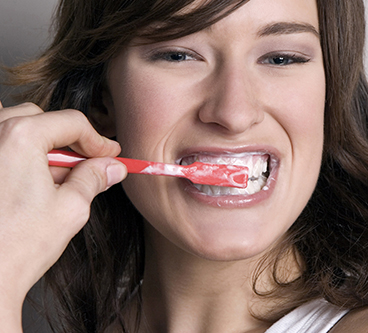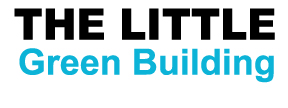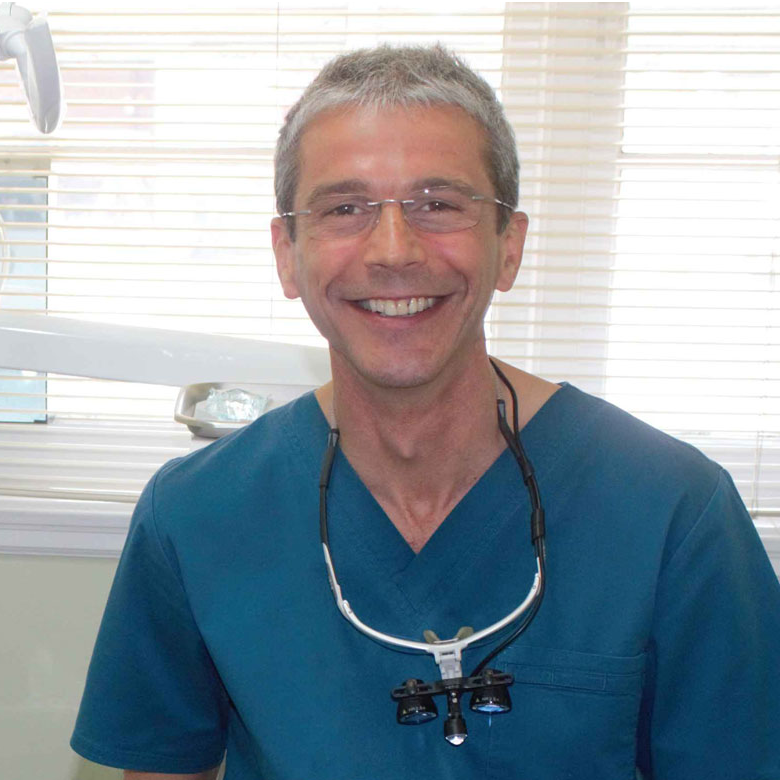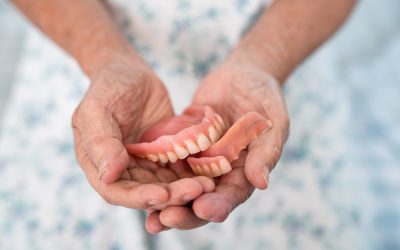Bad habits — everyone has one, and kicking it for good is a hard thing to do. As harmless as you think your bad habit may be, it could be causing more damage to your teeth than you realize. Dental emergencies, accidents and sudden tooth problems are often caused by seemingly harmless activities. Some unhealthy habits may even increase your risk of developing periodontal disease and gingivitis. These are a few of the biggest no-no’s when it comes to your oral health and our tips on how you can control them.
Clenching and grinding your teeth
Also known as bruxism, grinding and clenching your teeth is a bad habit that’s often triggered by moments of anger, worry or intense concentration. Many people with a bad bite or misshaped teeth also suffer from nocturnal bruxism, or grinding their teeth in their sleep. Over time, bruxism can cause a lot of damage to your teeth, jaw muscles and joints, leading to chronic pain and an extensive amount of dental work.
If you notice yourself clenching or grinding your teeth during the day, take a moment to do some mindful deep breathing. Try to make a conscious effort to keep your teeth slightly apart as often as possible. And although this habit is hard to control while you’re asleep, it’s certainly not impossible. We offer protective night-time tooth guards, with comfortable custom fittings provided by Dr. Paltsev.
Forgetting to floss
We know that life gets busy and there are always a hundred things to worry about before flossing. But, remembering to floss regularly (at least three times a week) is essential to keep your teeth strong and your gums healthy.
So how do you remember to make flossing a part of your routine? Keep it somewhere that you can see it, like on top of your bathroom counter instead of in a drawer. If you’re always on-the-go, stash some floss in the car or in your purse. For the multi-tasker, flossing sticks are also a great tool to have around.
Brushing too hard
 Applying too much pressure while you brush, or using a toothbrush with hard and firm bristles, can cause enamel erosion, gum irritation and teeth sensitivity. You may feel like you’re giving your teeth a thorough cleaning, but you’re probably doing more harm than good in the long run. The best advice we can give is to get a toothbrush with softer bristles to avoid decay or damage. Notice if you’re squashing the bristles against your teeth when you brush and make a mental note to apply a softer touch.
Applying too much pressure while you brush, or using a toothbrush with hard and firm bristles, can cause enamel erosion, gum irritation and teeth sensitivity. You may feel like you’re giving your teeth a thorough cleaning, but you’re probably doing more harm than good in the long run. The best advice we can give is to get a toothbrush with softer bristles to avoid decay or damage. Notice if you’re squashing the bristles against your teeth when you brush and make a mental note to apply a softer touch.
Using your teeth as tools

Just because our teeth are as strong as a pair of scissors doesn’t mean we should be using them as such. Our teeth are meant for eating, and too much strain, pulling or pressure can cause some serious unwanted damage. To avoid cracking your teeth, hurting your jaw or possibly swallowing something unsafe, stop and ask for help or find the right tool that’s meant to do the job.
Excessive snacking
Sorry to be the bearer of bad news, but your favourite sugary or starchy snacks, as well as refined carbs like bread, chips and crackers, are the main culprits of cavities. In moderation, they’re great. But, if they’re your go-to snack on a constant basis, certain bacteria may begin to attack the outer shell of your teeth, often leading to bad cavities or worse conditions. If this sounds like you, here’s our advice: try an alternative, healthier snack, like nuts or seeds. Eat larger and more balanced meals to feel full for a longer period of time. And if you’re indulging in a treat, drink a big glass of water to wash down leftover food particles.





